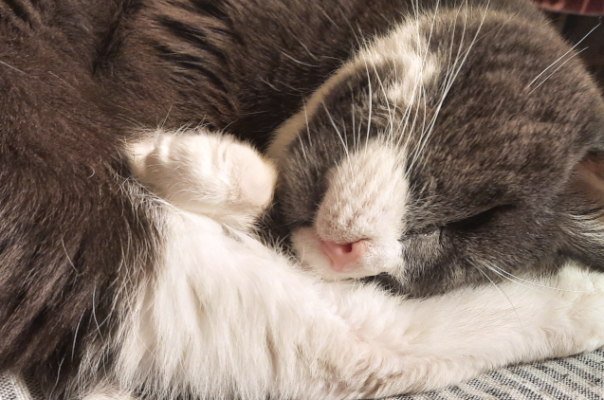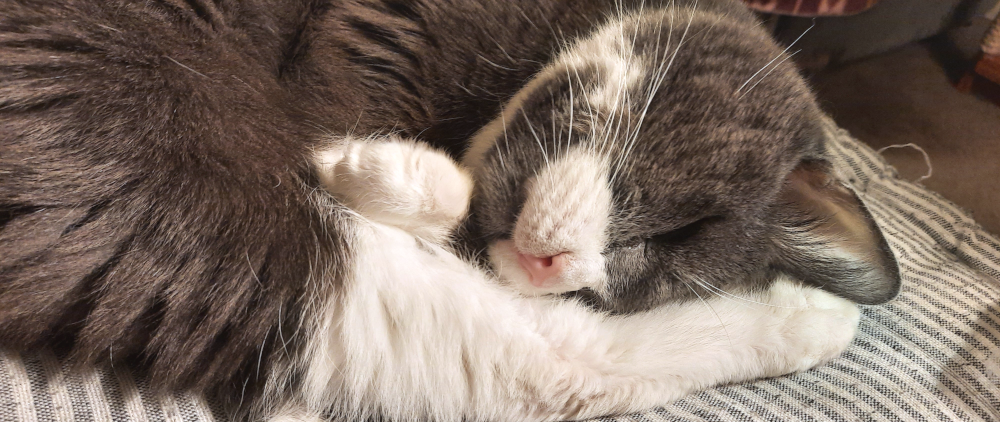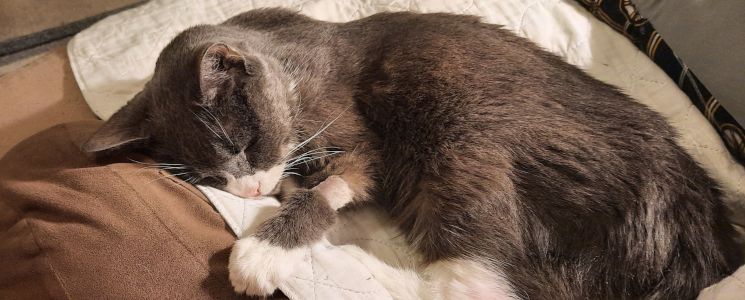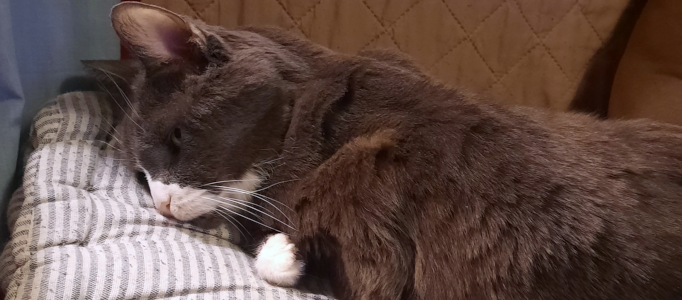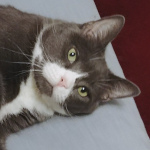 Caring for an aging feline companion through surgery requires careful attention, understanding, and preparation. Senior cats, typically those over 10 years old, face unique challenges when undergoing surgical procedures, making it essential for their human caregivers to provide specialized support both before and after the operation.
Caring for an aging feline companion through surgery requires careful attention, understanding, and preparation. Senior cats, typically those over 10 years old, face unique challenges when undergoing surgical procedures, making it essential for their human caregivers to provide specialized support both before and after the operation.
The weeks leading up to surgery are crucial for ensuring your senior cat is in the best possible condition. Your veterinarian will likely conduct thorough pre-surgical screenings, including blood work, urinalysis, and possibly cardiac evaluation. These tests are particularly important for older cats, as they may reveal underlying conditions that could complicate surgery or recovery. While younger cats might skip some of these screenings, they’re essential for seniors to ensure safe anesthesia administration and optimal surgical outcomes.
During this pre-surgical period, maintaining your cat’s regular routine becomes increasingly important. Stress can significantly impact an older cat’s immune system and overall well-being, so minimizing disruptions to their daily life helps keep them stable. However, you’ll need to follow your veterinarian’s specific instructions about food and water restrictions in the immediate hours before surgery. Typically, this means no food after midnight the night before, though some cats may need different restrictions based on their health status and the type of procedure.
Creating a comfortable recovery space before bringing your cat home from surgery is essential. Select a quiet room away from other pets and household traffic where your senior cat can rest undisturbed. The recovery area should be easily accessible, avoiding the need for jumping or climbing. Place food, water, and a litter box nearby, ensuring everything is within easy reach. For older cats with arthritis or mobility issues, consider using a shallow litter box with low sides to make entry and exit less challenging.
The first 24 hours after surgery are particularly critical for senior cats. Your cat may seem disoriented or unusually quiet as the anesthesia wears off. This period can be especially challenging for older cats, as they often take longer to clear anesthesia from their systems compared to younger cats. Keep the recovery room temperature slightly warmer than usual, as senior cats may have difficulty regulating their body temperature post-surgery.
Medication management becomes a crucial aspect of post-surgical care. Senior cats often require multiple medications, including pain relievers, antibiotics, and possibly medications for pre-existing conditions. Create a detailed schedule for administering medications, noting specific times and dosages. Some older cats may have difficulty swallowing pills or might be more resistant to taking medications, so discuss alternative delivery methods with your veterinarian, such as transdermal applications or flavored compounds.
Nutrition plays a vital role in recovery, particularly for senior cats who may already have decreased appetite or dietary restrictions. Your veterinarian might recommend specific foods to promote healing while accommodating any existing health conditions. If your cat shows reluctance to eat, warming their food slightly can enhance its aroma and make it more appealing. Some seniors may need assistance with feeding in the early days of recovery, potentially requiring hand-feeding or the use of appetite stimulants.
Monitoring the surgical site requires extra vigilance in older cats. Their skin may be more delicate, and healing typically takes longer than in younger cats. Watch for any signs of infection, such as increased redness, swelling, or discharge. Keep the area clean and prevent your cat from licking or scratching at the incision. While traditional plastic e-collars work well for some cats, senior cats might find them particularly stressful. Discuss alternatives with your veterinarian, such as soft fabric collars or protective shirts designed for post-surgical wear.
Physical activity needs careful management during recovery. While movement is important to prevent complications like blood clots or constipation, too much activity can impede healing. Create safe ways for your senior cat to move around without straining the surgical site. This might mean setting up steps to help them access favorite resting spots or temporarily relocating their essentials to ground level.
The emotional aspect of recovery shouldn’t be overlooked. Senior cats often have strong bonds with their caregivers and may need extra reassurance during this time. Gentle petting, quiet companionship, and soft speaking can help reduce stress and promote healing. However, respect your cat’s need for solitude when they indicate they want to rest undisturbed.
Regular follow-up care is crucial for senior cats post-surgery. Keep all scheduled check-ups, as your veterinarian needs to monitor healing and adjust treatment plans accordingly. Be prepared for a potentially longer recovery period compared to younger cats, and maintain detailed notes about your cat’s progress, appetite, medication responses, and any concerns that arise.
Remember that each senior cat is unique, and recovery times can vary significantly based on the individual cat’s health status and the type of surgery performed. Stay in close communication with your veterinary team throughout the recovery process, and don’t hesitate to reach out with concerns. With proper preparation, careful monitoring, and dedicated care, many senior cats can recover successfully from surgery and return to their normal routines, continuing to enjoy quality time with their loving families.


